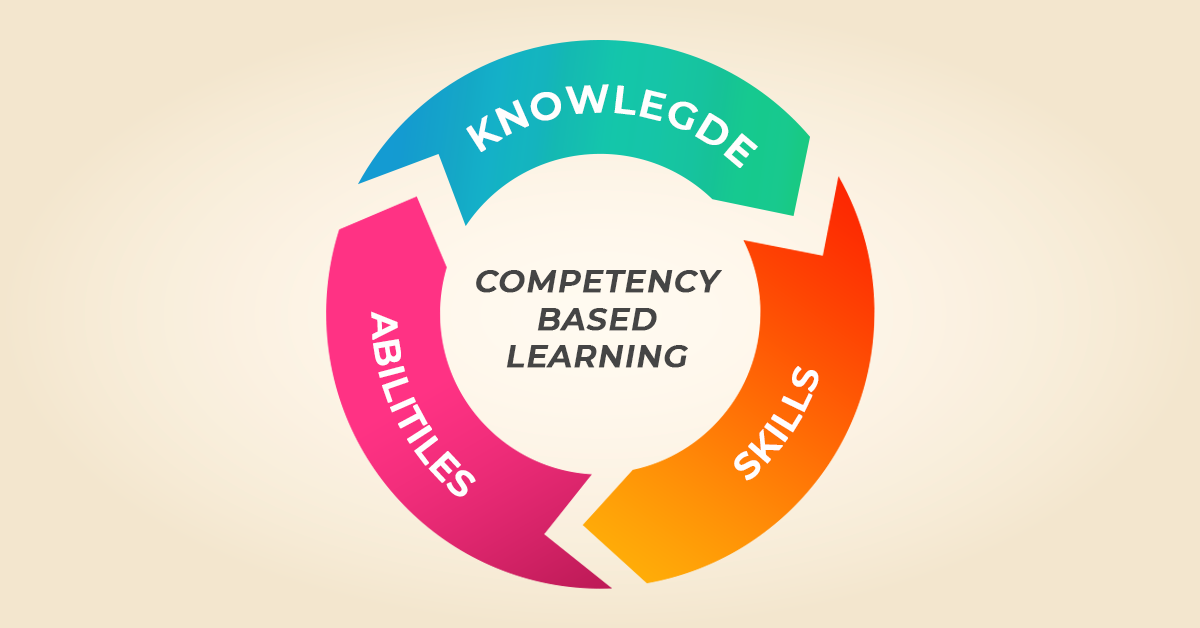As the world changes, so is the need of a proficient workforce. We can develop the competent workforce by grooming students through competency-based learning in their academics. However, in India, the education system is not skill or competency based. For instance, take into account Kerala, where most of the people having good academic background are job-seekers but they can’t be employable. The reason could be attributed to the fact they lack core competency. Actually, the students are taxed with loads of bookish information. Educational institutions too are not adequately equipped to provide competency-based learning. Therefore, taking into cognizance of this need, the need of the hour is the marriage between real-world experience and classroom learning so that excellent students can be produced having the right competency.
Let’s have a brief on the advantages of competency-based learning in the following:
1- Flexible Approach:
Competency-based learning puts the ownership of learning at the hands of students only. It helps them to minimize the gap of understanding. Their assessment would be based on the competency rather than marks or grades. As a result, it would be a great boon for the dropouts to move ahead in the career without any gap. So with this flexible approach, students can be put to assess in terms of learning with hands-on-projects.
2- Gaining Experience:
In competency-based learning, students can be groomed to be successful leaders in their selected field. They can be infused with the traits of good communication skills. To ensure this process, our education system needs to be tuned accordingly by virtue of which students would pay emphasis on competency rather than grades. Then only students can chart out their career path based on their competency.
3- Purpose-driven:
Competency-based learning is surely highly effective and purpose-driven. It assists students in getting a career objective with clarity. Actually, it will form a solid foundation in empowering students to chase the career they have dreamed. In a way, competency-based learning has the potential to minimize the cycle of unemployment.
Besides, competency-based learning stimulates the mental faculties of the learners. As a result, they can develop the potential of problem solving, critical thinking and decision making.
Since education is subject to evolvement over the years, now it is time to relook at it from a newer perspective. The time has come to bid adieu to grade or mark-based learning and switch to competency-based for all the educational institutes. The practical knowledge of the learners needs to be tested. In this regard, the CBSE had already requested IIM to design and develop competency-based short-term courses for its faculties in 2019. The aim is to devise competency-based learning and train teachers to track the progress of the students on learning outcome.

Moreover, the idea is to incorporate skills as required in the 21st century for which experimental based pedagogy is highly essential for educational institutes. Finally, it leads to the launch of TERM, i.e. Teacher Energized Resource Manuals. To add more information in this respect, India’s participation in PISA (Programme for International Student Association) in 2021 speaks volume about competency based education. This program is being organized by OECD in which the scholastic performance of students is assessed in subjects like mathematics and science. East Asian countries like Singapore and China have good rankings in this competency based learning. The same thing we could replicate to ensure competency-based education in our educational institutes.
Hence, focus should be given on competent-centric courses thereby students will remain competent and industry-ready after the academics. Now the intriguing question is how this competency-based education can be accomplished. In this regard, the concerned educational institutions should voluntarily come forward and collaborate with edtech companies. The advantage is that educational institutions can develop customized learning techniques to meet the competency needs of diverse learners. So the reliance on competency-based learning is justified from the viewpoint to make students job-ready.
